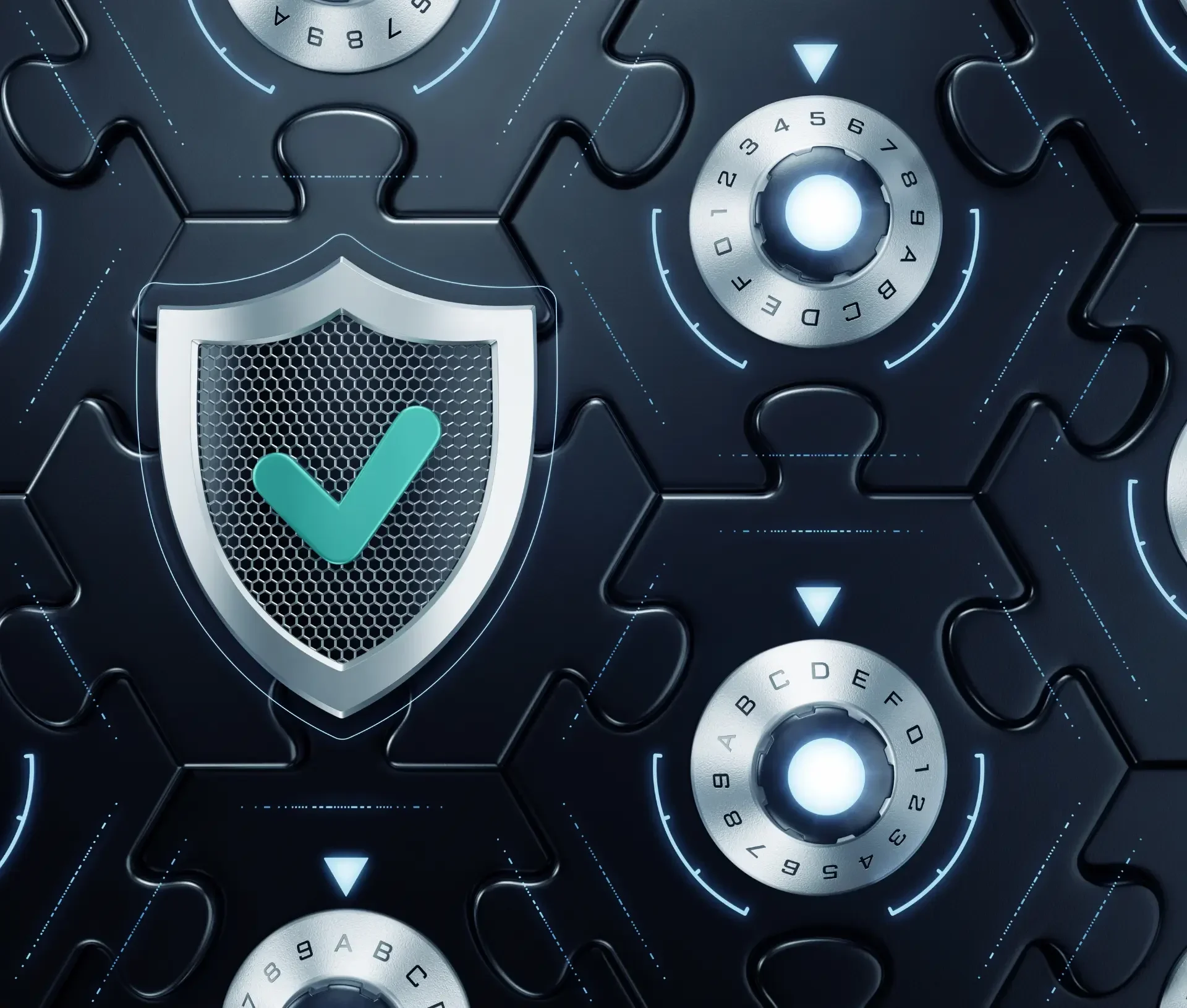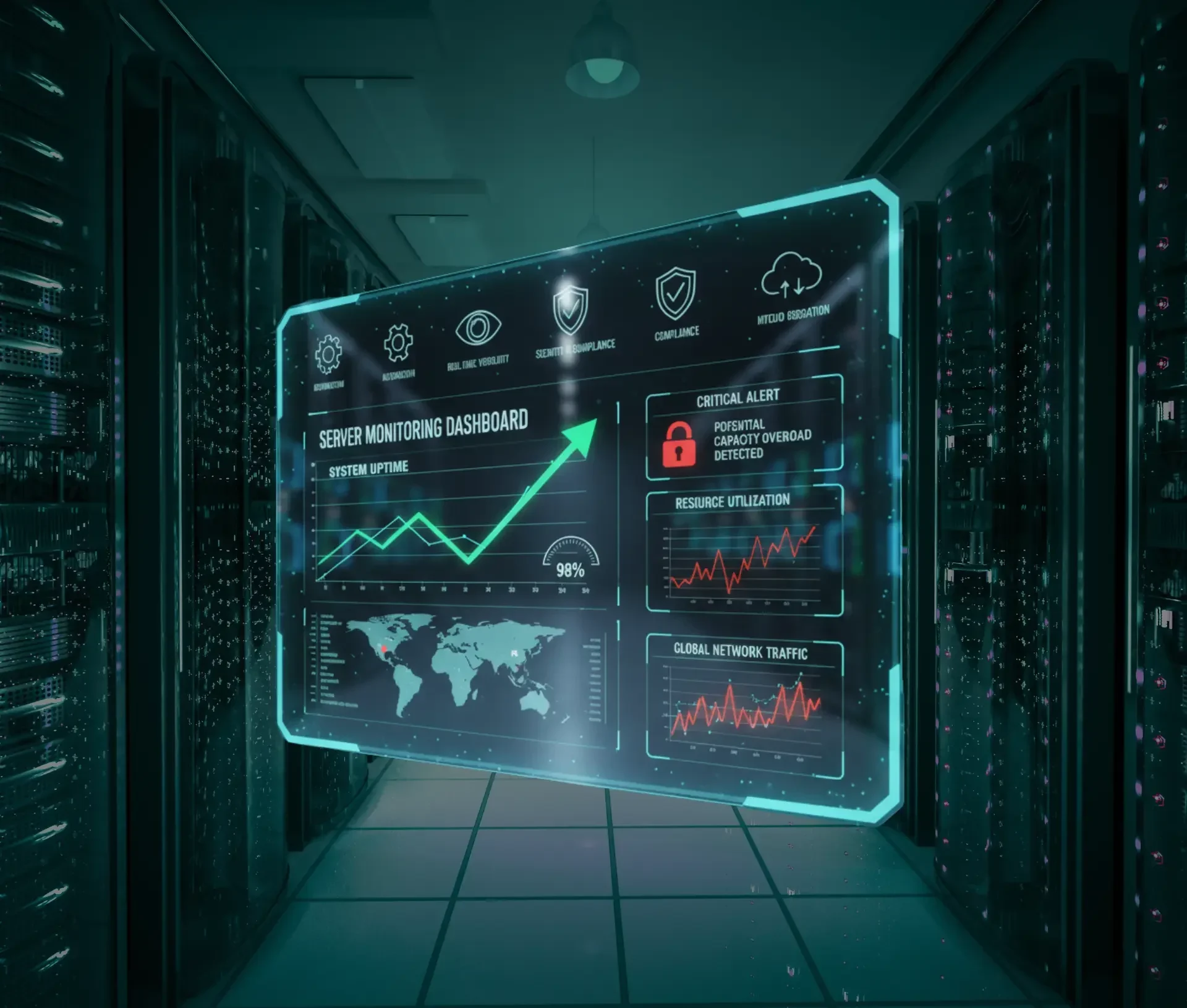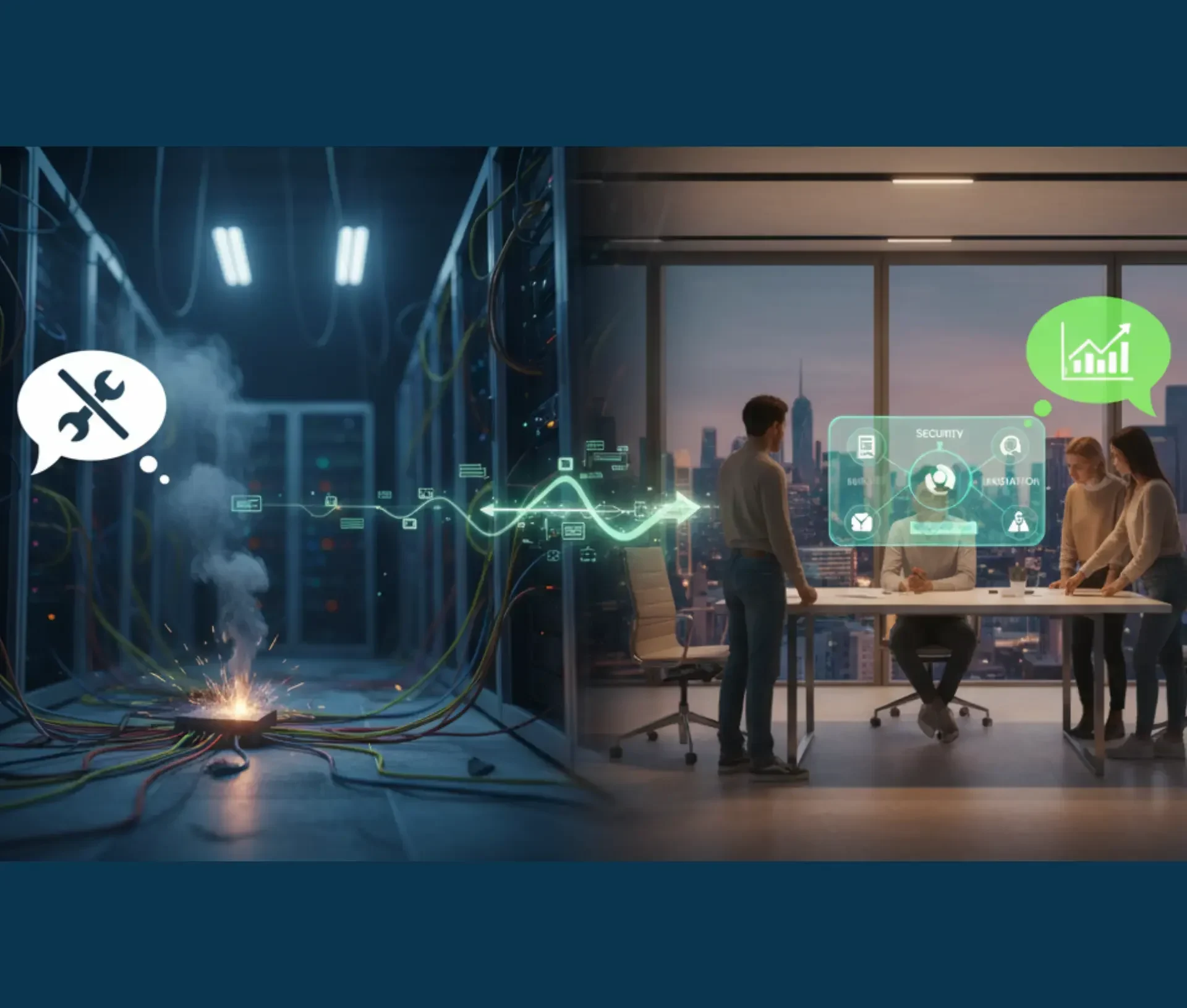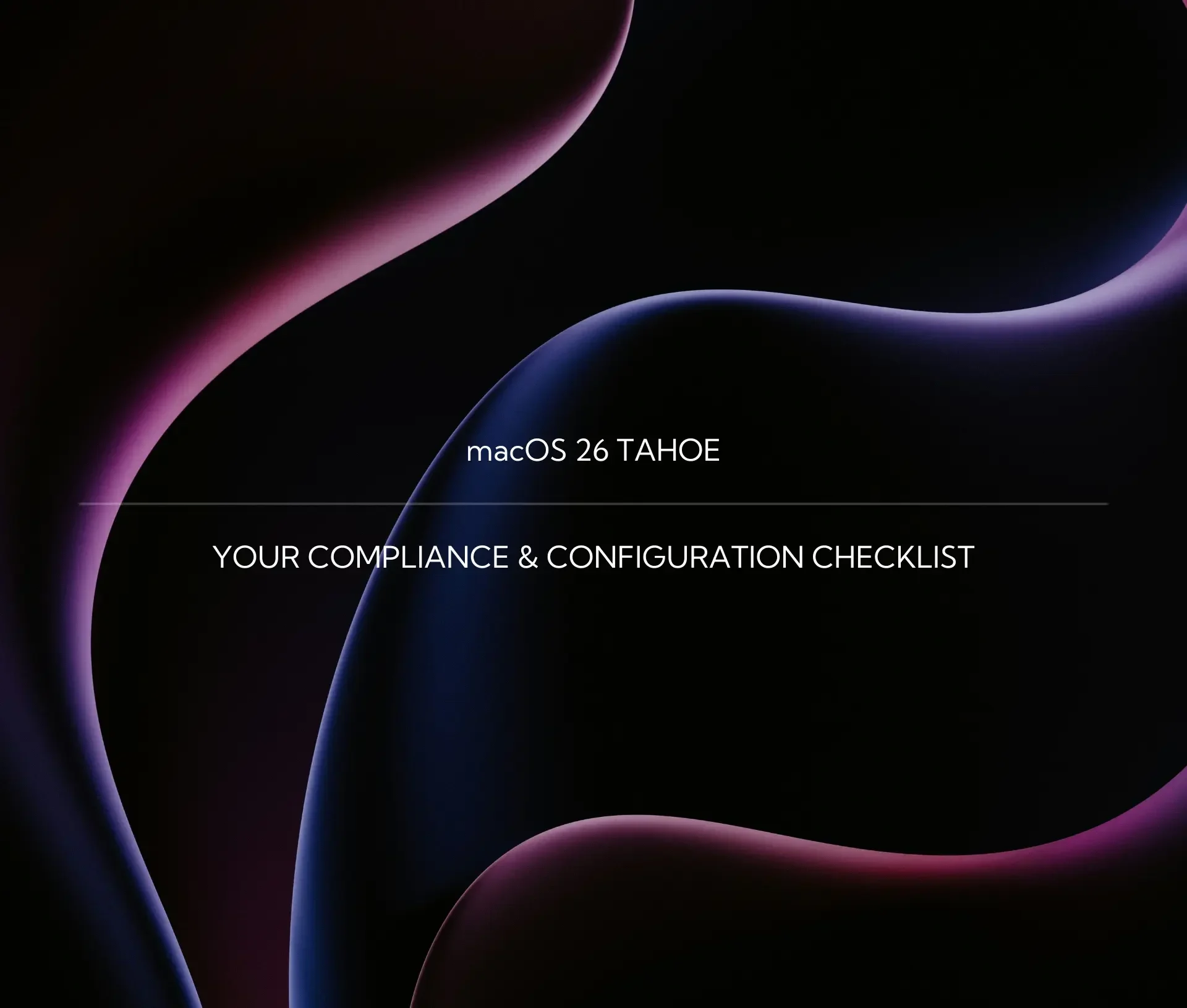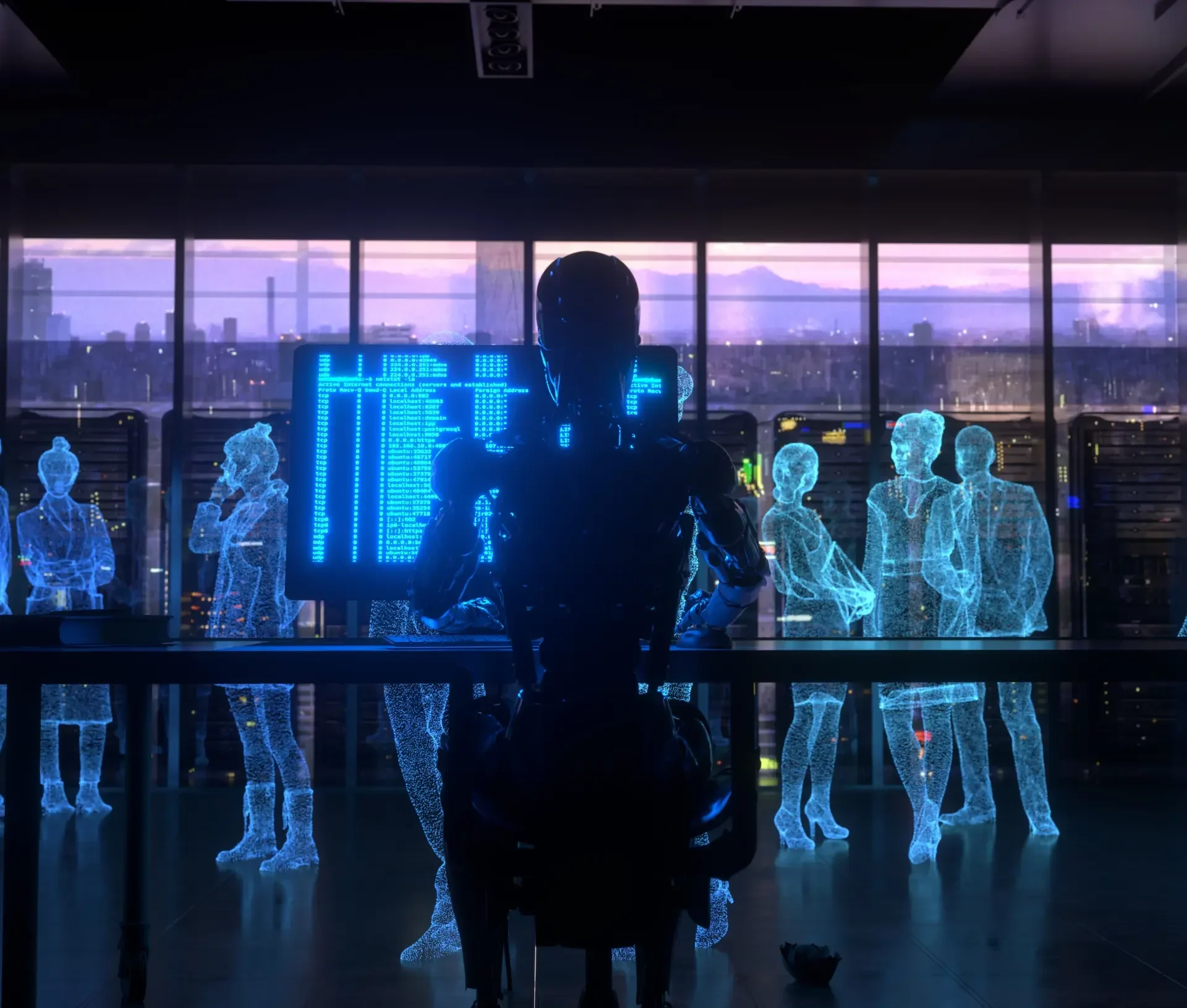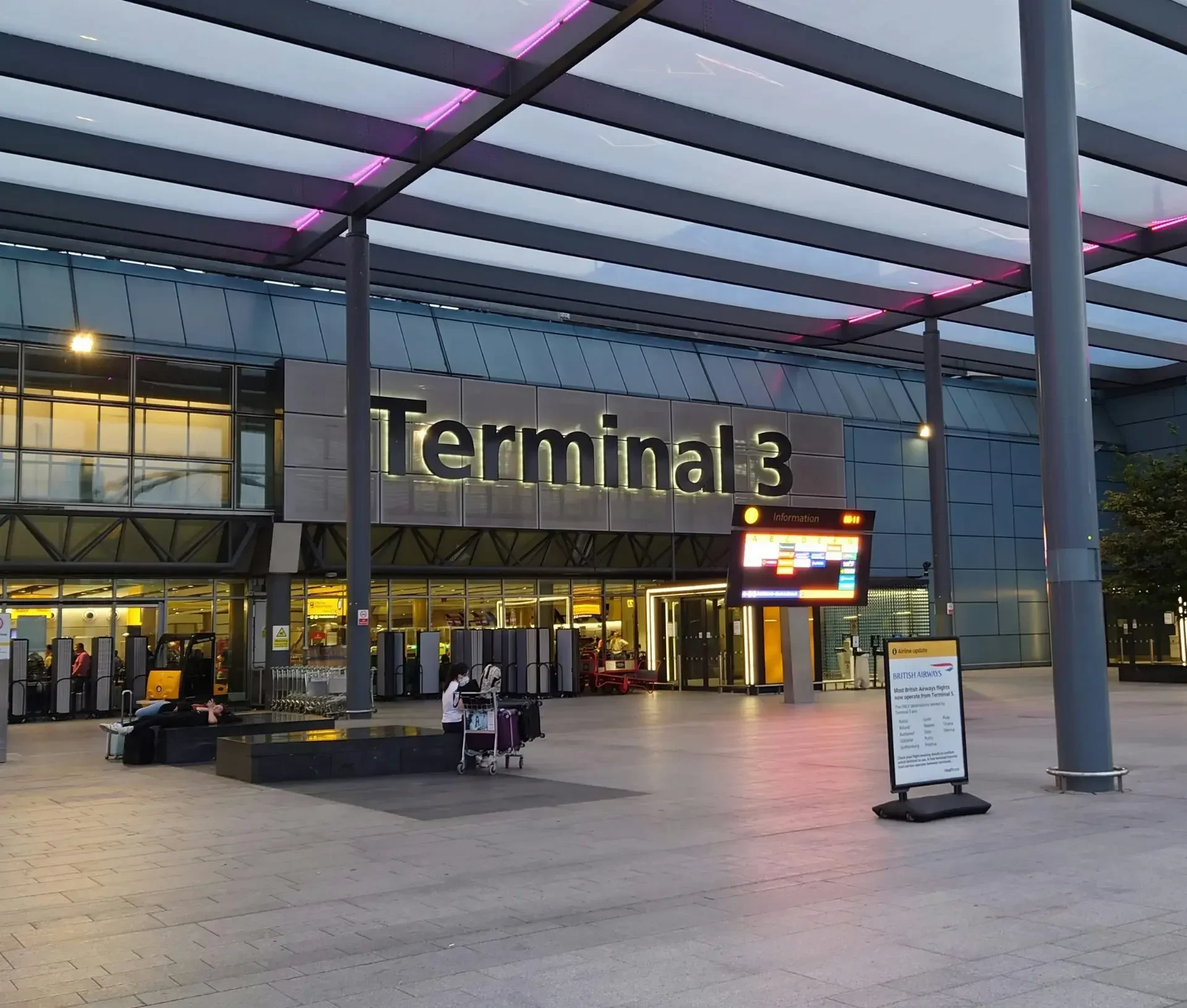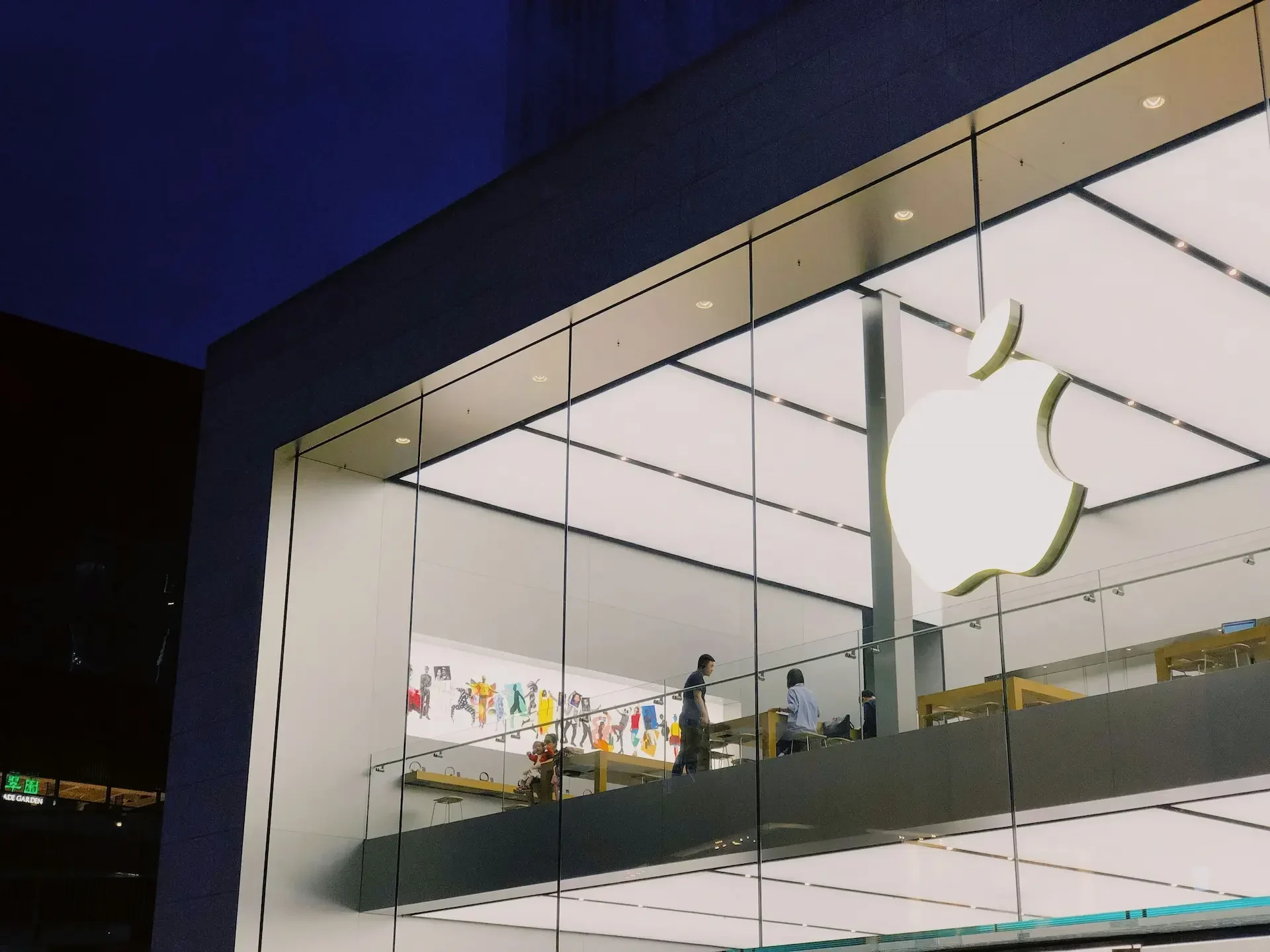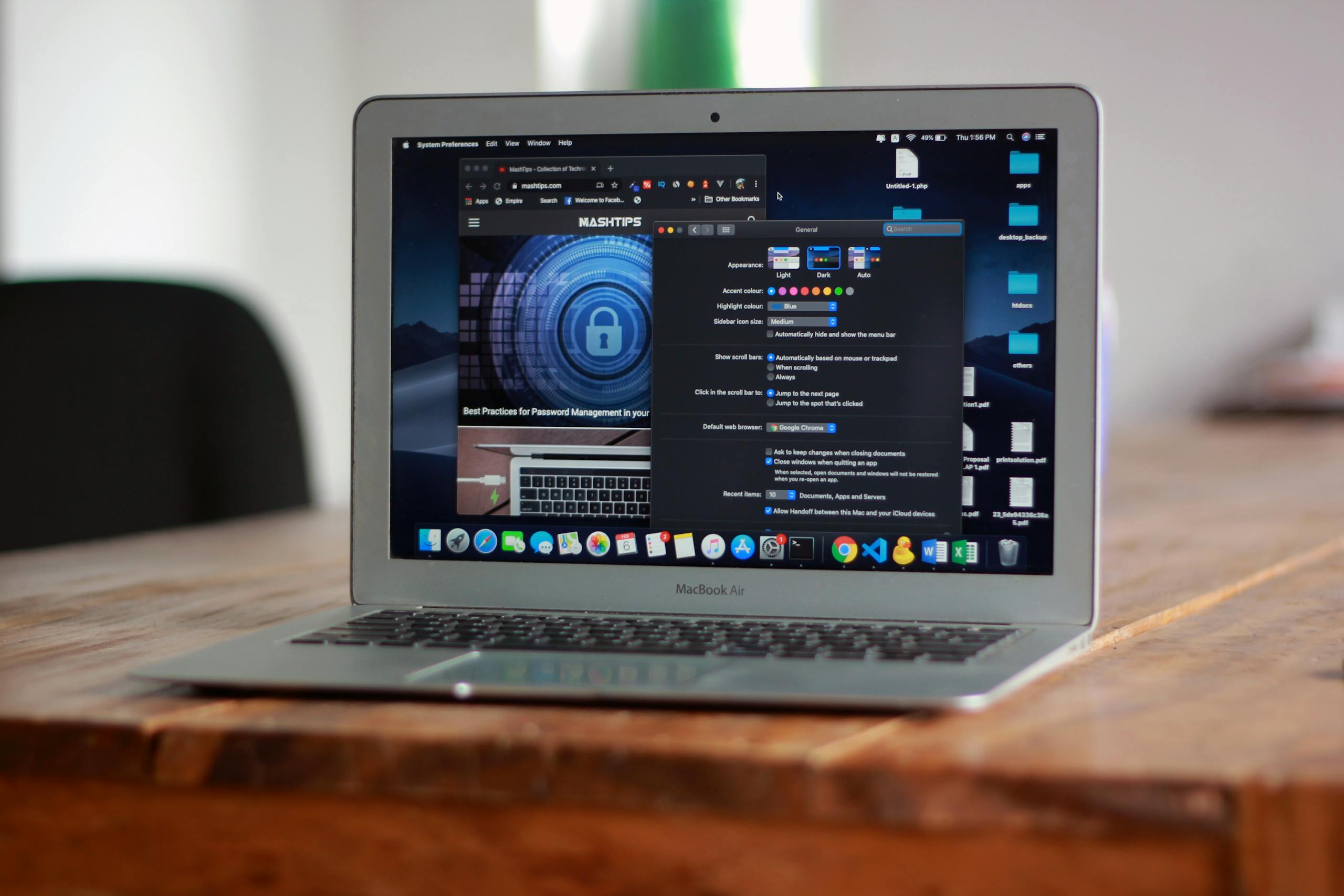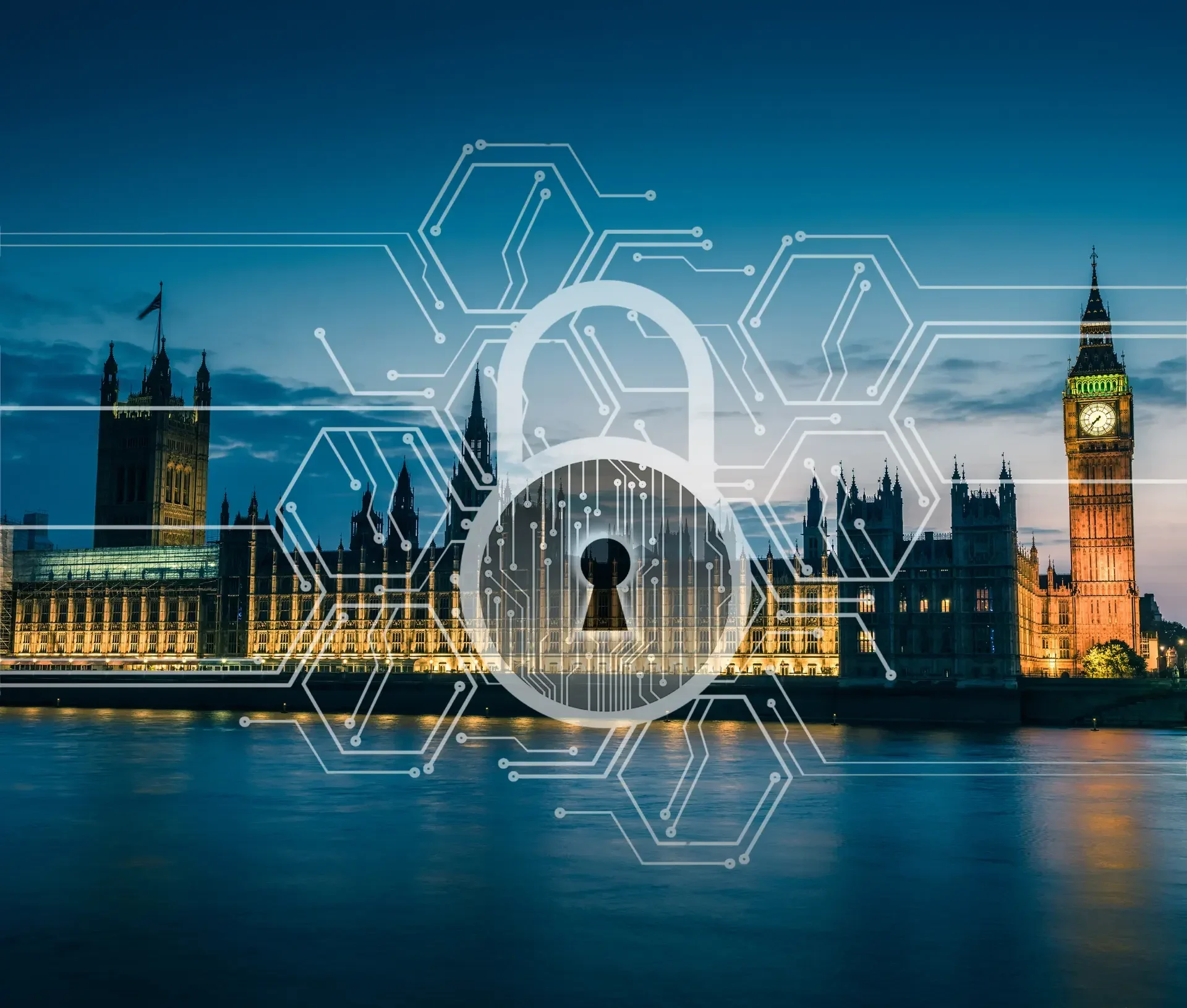What happened in the Jaguar Land Rover cyber-attack?
Jaguar Land Rover (JLR) has confirmed that a cyber-attack has “severely disrupted” its vehicle production and retail operations, marking one of the most significant cyber incidents to hit a UK manufacturer in recent years.
The attack began on Sunday, just as new September registration plates became available – traditionally a busy time for car sales. According to reports, the breach was detected in progress, prompting the firm to shut down IT systems in an effort to minimise the damage. Staff at JLR’s Halewood plant in Merseyside were told by email not to come into work on Monday morning, while others were sent home.
In a statement, the company, which is owned by Tata Motors, said:
“JLR has been impacted by a cyber incident. We took immediate action to mitigate its impact by proactively shutting down our systems. We are now working at pace to restart our global applications in a controlled manner. At this stage there is no evidence any customer data has been stolen but our retail and production activities have been severely disrupted.”
While investigations continue and responsibility for the attack has not yet been confirmed, the disruption could not have come at a worse time for JLR, which only recently reported financial pressure linked to rising US tariffs.
Why are UK manufacturers being targeted by cyber-attacks?
This incident follows high-profile cyber-attacks against other UK retailers, including the Co-op and Marks & Spencer. In both cases, attackers attempted to extort money by crippling IT systems.
The JLR breach reinforces a worrying trend: cyber-criminals are increasingly targeting large operational businesses where downtime has an immediate financial impact.
- For manufacturers, every hour of halted production means lost revenue
- For retailers, inaccessible tills and systems translate into frustrated customers and empty sales
But while global brands make headlines, smaller businesses are just as vulnerable. Attackers often see mid-sized companies as “soft targets” – big enough to pay a ransom, but without the same level of defence as multinational firms.
Explore our Cyber Security services.
What can businesses learn from the Jaguar Land Rover cyber-attack?
For UK firms of all sizes, the JLR incident offers a number of takeaways:
1. No industry is safe
Attacks are no longer limited to financial services or technology providers. Manufacturers, retailers, charities, professional services – any organisation that relies on IT (which is almost all businesses) can be hit.
2. Business continuity is critical
Shutting down systems was the right move for JLR to contain the attack, but it also meant halting production lines. For smaller businesses, even a day of downtime can have long-term consequences. A tested continuity plan ensures operations can continue – or at least recover quickly – during a crisis.
3. Customer trust must be protected
JLR was quick to stress that no customer data has been stolen. That transparency is important. Firms should be prepared to communicate clearly with clients if an incident occurs, outlining what happened, what data (if any) was affected, and what’s being done.
4. Cyber resilience requires investment
Many companies still treat cyber security as a “tick-box exercise” – but as recent events show, doing the bare minimum is no longer enough. True resilience means layered security, proactive monitoring, regular training, and partnerships with experts who can spot and respond to threats in real time.
Our guide on why a false sense of security leaves firms vulnerable explains how “just enough” is not enough.
How can SMEs protect themselves from major cyber incidents?
Five practical actions every business can take in 2025:
- Regularly back up systems and data – and ensure backups are tested and isolated from the main network.
- Train staff to spot phishing attempts – human error remains the most common entry point for attackers.
- Review supplier and partner access – third-party systems can be exploited to reach your business.
- Invest in endpoint protection and monitoring – modern tools can detect and stop suspicious behaviour before it spreads.
- Develop and rehearse an incident response plan – knowing who does what in the first hours of an attack is crucial.
For a deeper dive, see our Cyber Security Checklist for 2025.
Why is cyber security a strategic priority in 2025?
The JLR breach underlines a key truth: technology isn’t just supporting the business anymore – it is the business.
For decision-makers, the question isn’t if a cyber incident will occur, but when. The organisations that recover fastest are those that:
- Anticipate threats
- Invest in resilience
- Embed security into every layer of operations
At Dr Logic, we partner with businesses across London and the UK to strengthen IT foundations and embed cyber resilience as part of their growth strategy.
The Jaguar Land Rover attack is a clear reminder: no organisation can afford to be complacent.
Talk to a Cyber Security expert to see how we can help keep your business safe.

























